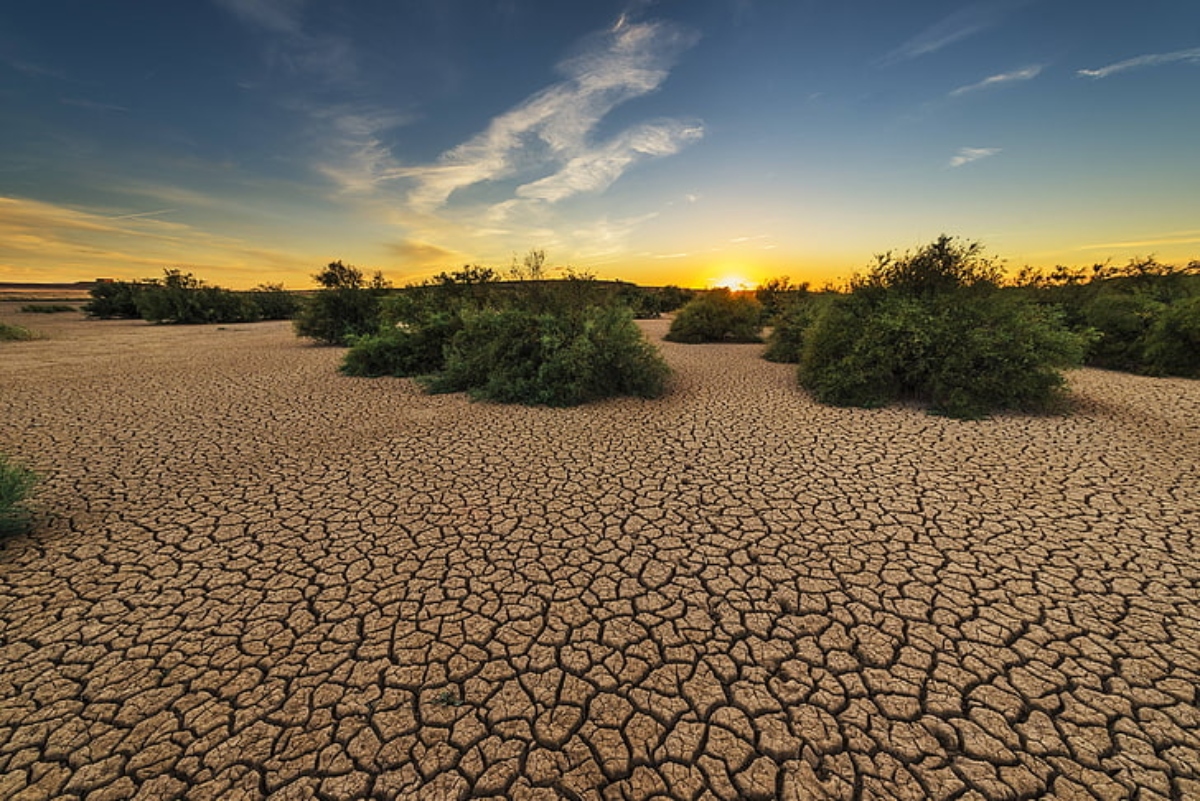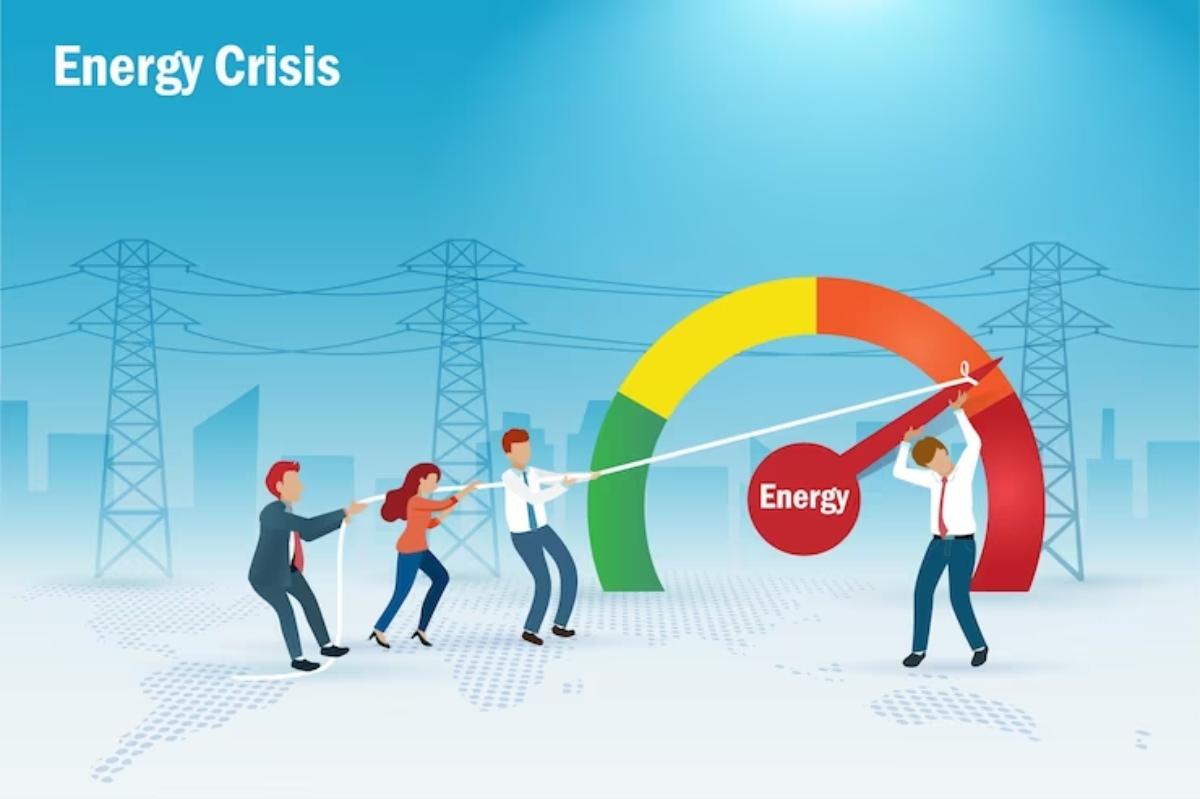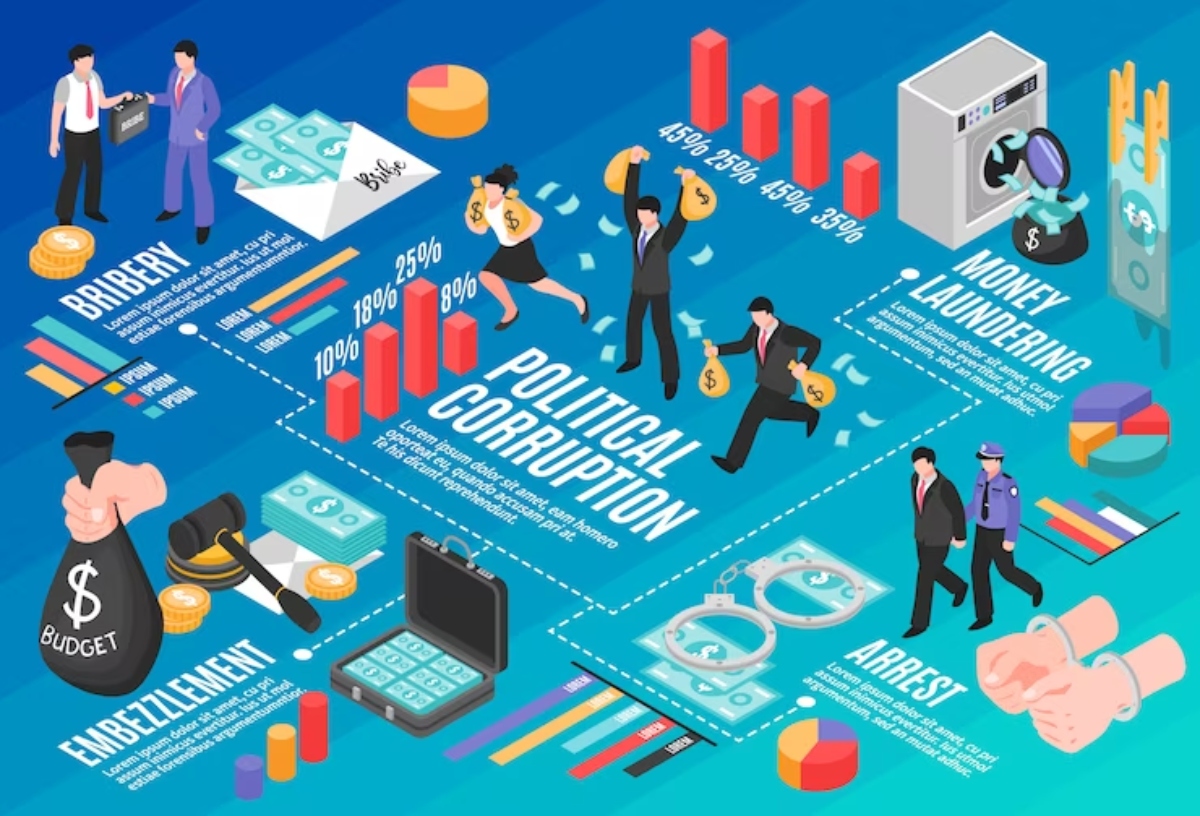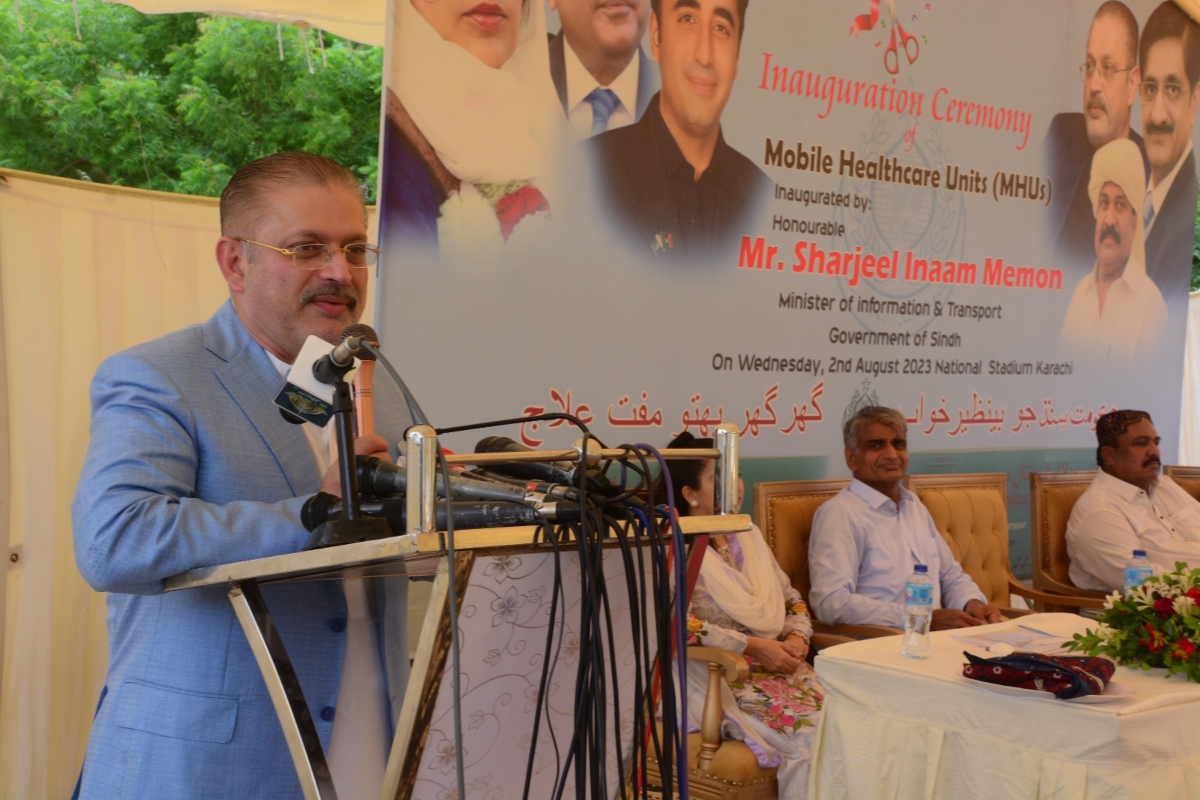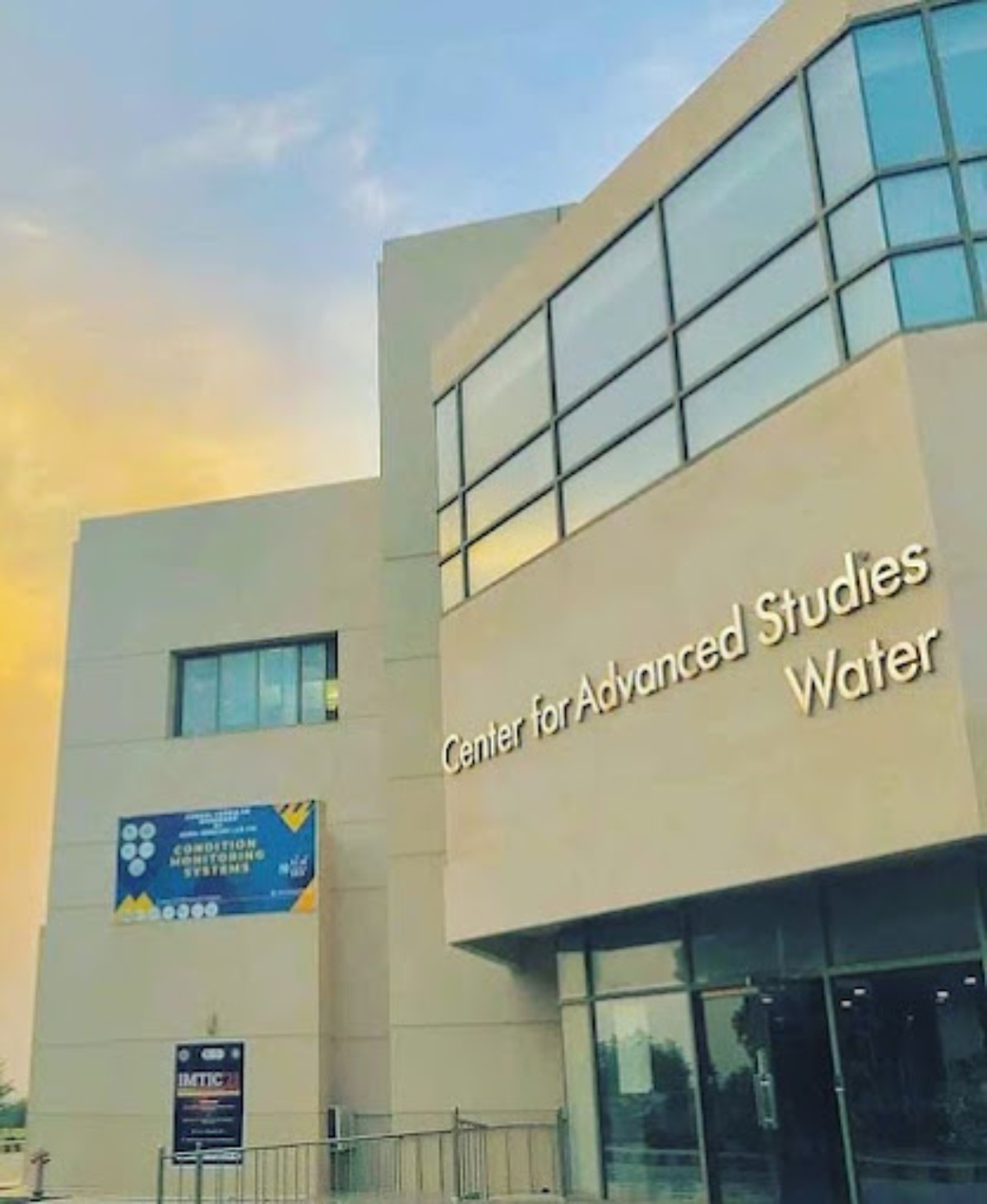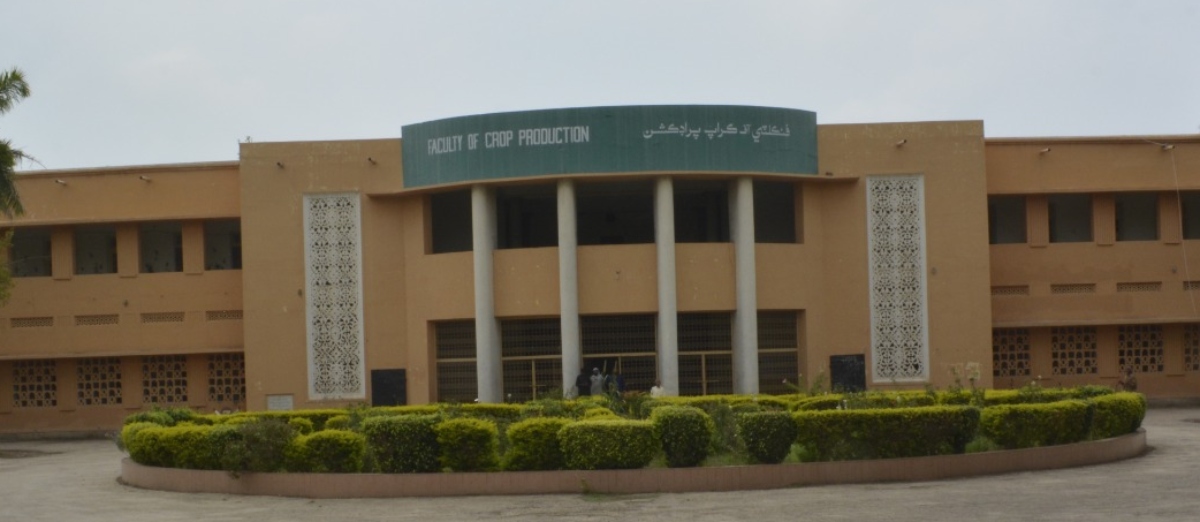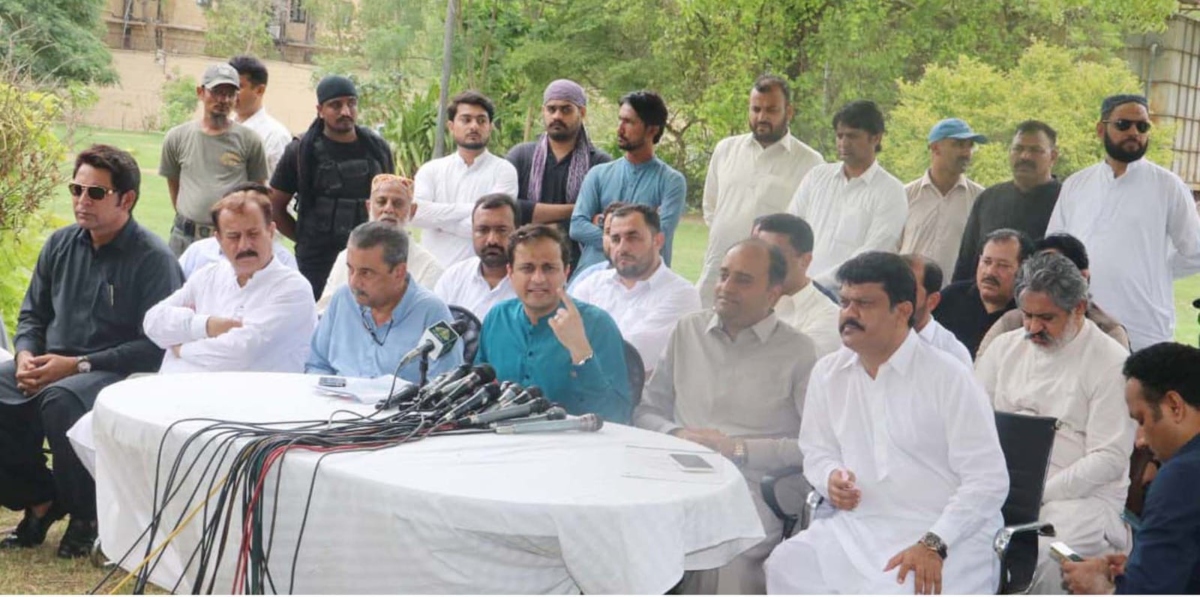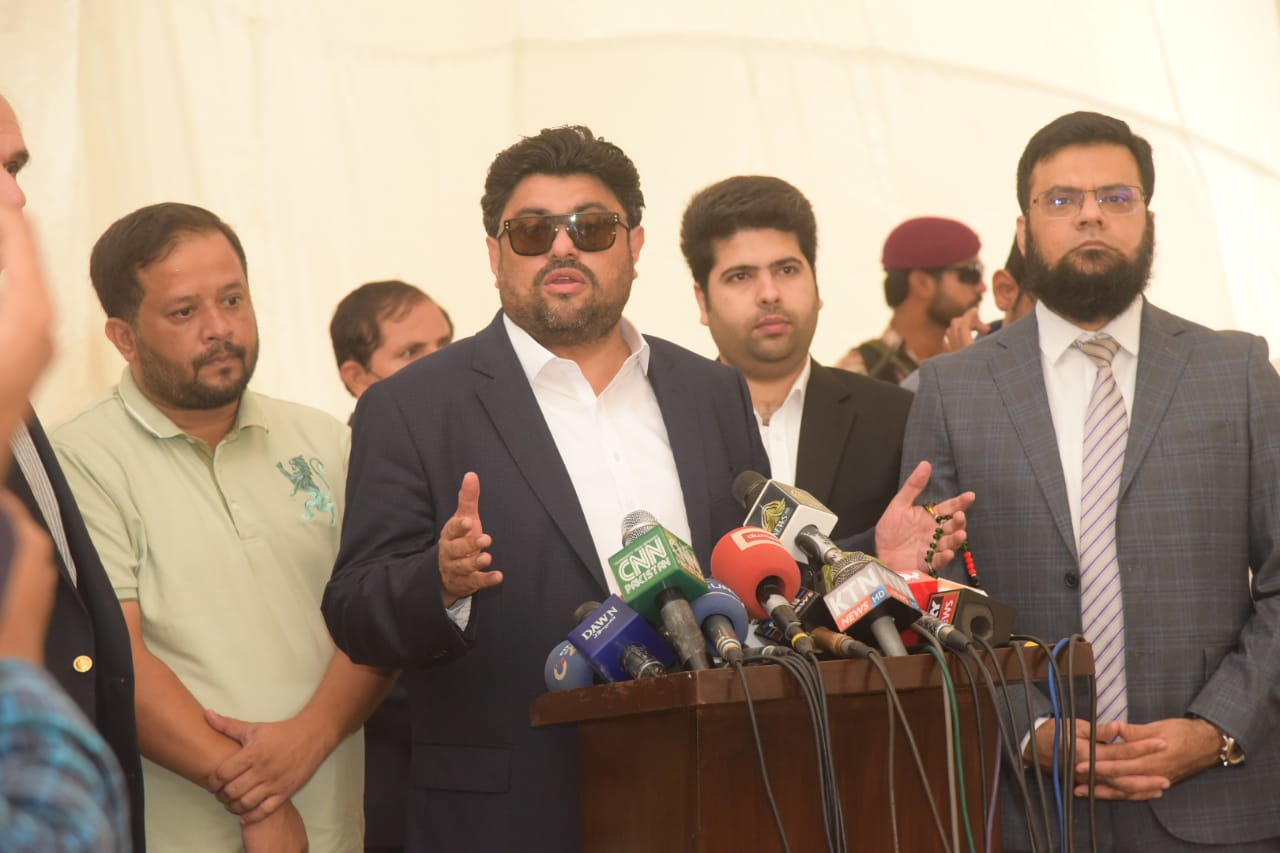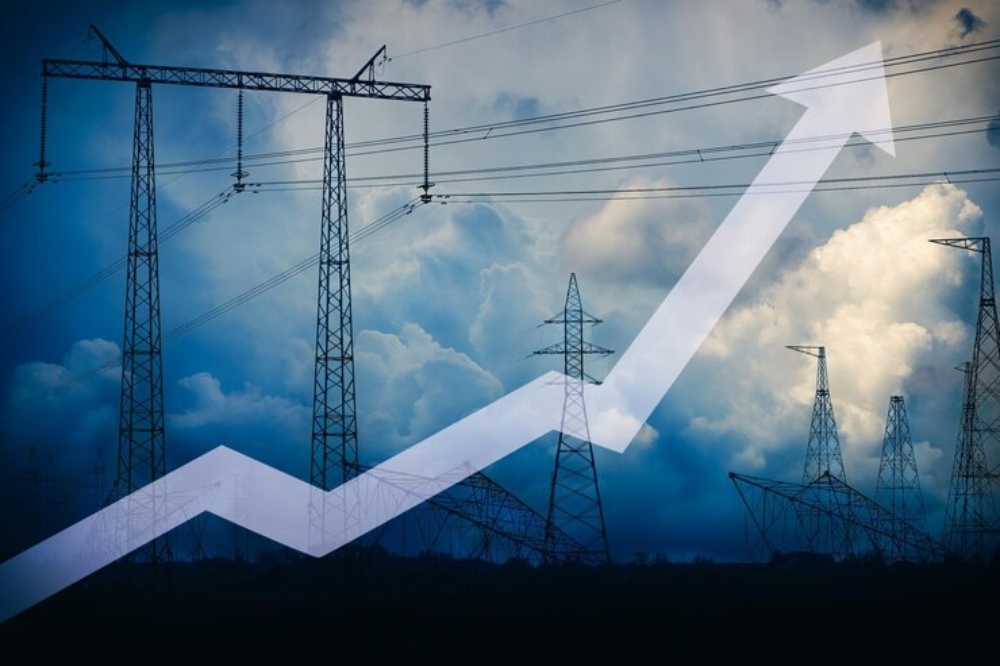
By Syed Wahaj Ahmed
Hyderabad Chamber of Small Traders & Small Industry President Muhammad Farooq Shaikhani has expressed deep concern over the significant 194% surge in gas prices in November 2023. This surge resulted in the closure of over 30% of the country’s industries, causing severe economic hardships for the people.
President Muhammad Farooq Shaikhani highlighted the challenges faced by Hyderabad’s globally renowned glass bangle industry, attributing its woes to persistent issues of load shedding and escalating gas prices. Regrettably, 80% of glass bangle factories have shuttered, resulting in the unemployment of around 200,000 individuals.
Shaikhani emphasized that the populace endured an additional financial burden exceeding 2400 billion rupees in 2023 due to heightened electricity and gas prices. The concern persists in 2024, as the government continues this pattern. He urged a reassessment of gas supply priorities, emphasizing the necessity to explore avenues for its augmentation instead.
He stated that the current governmental approach, which involves altering the priorities of gas supply to consumers and escalating tariffs to an unsustainable level, is inherently problematic and runs counter to the essence of the Constitution of Pakistan. He pointed out that while the government aims to curb circular lending through increased gas prices, it simultaneously poses a threat to industrial closures, subsequent employee layoffs, and the emergence of a precarious law and order situation. This potential surge in street crimes and the shutdown of manufacturing units could instill fear of bankruptcy, ultimately impacting the nation’s economy adversely.
President Muhammad Farooq Shaikhani urged that in any developed nation globally, utilities are not positioned as a source of economic income. This principle is a fundamental component of Pakistan’s constitution and should be accorded top priority by the present government. Unfortunately, the country is witnessing the formulation of economic policies by less-than-committed economists, hindering the possibility of industrial development in Pakistan.
He pointed out that Pakistan holds the 26th position globally in terms of gas reserves and production. Despite having vast reserves, the country annually imports 48,382 million cubic meters of gas. According to government data, there has been an 18% decline in Pakistan’s gas reserves this year. Urgent measures are needed to explore new reserves, supplementing existing fields like Tut Oil Field, Sawan Gas Field, Kadirpur Gas Field, and Qadin valley Gas Field, through collaboration with domestic and foreign companies. A state of emergency should be declared to ramp up gas production. The Ministry of Petroleum, adopting a short-term policy, can meet the immediate needs of domestic consumers by installing biogas plants. Additionally, stringent efforts are required to eliminate illegal gas connections, especially in Karachi, where, according to the government, 700,000 such connections have been operational for the past decade which is not possible without the collusion of the people of the gas department.
Shaikhani appealed all relevant stakeholders to follow Qatar’s example, emphasizing how the nation utilized its resources for the discovery and production of LNG (Liquefied Natural Gas) in 1996. Today, Qatar boasts over 100 billion dollars in LNG exports. Similarly, he advocated for Pakistan to initiate the quest for new reserves by engaging the domestic, foreign, and private sectors collaboratively. In a departure from the prevailing practice of awarding exploration contracts on political grounds, he recommended the inclusion of business representatives from Chambers across Pakistan in these agreements.




